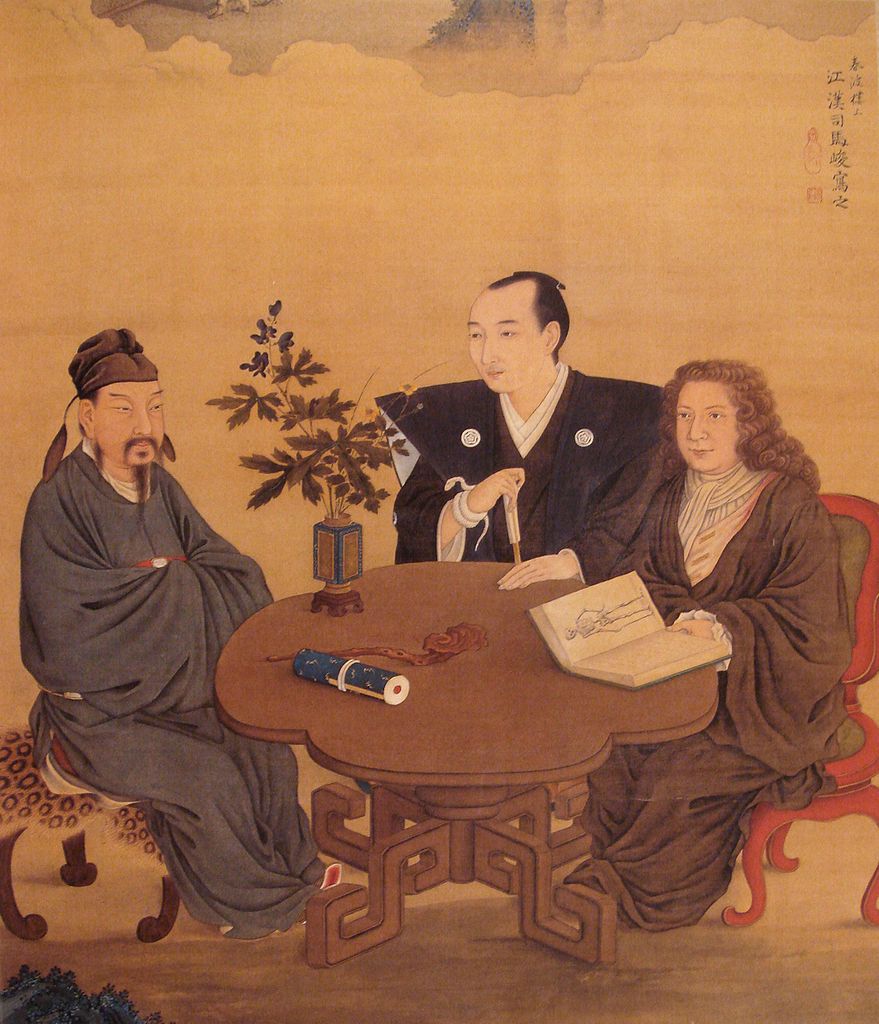JAPANESE COMPANIES ADAPT TO CHINESE MARKET DESPITE POLITICAL TENSION
China and Japan have had a long history of conflicts which often look just like the manifestations of their ancient and sometimes vicious rivalry – including a partially shared language and culturally much else. The unaddressed ingrained tensions cause these two countries to remain unreconciled and move even further apart. Furthermore, the century-old sour relations are being worsened by the present-day factors – most especially concerns about the business markets.

Being the world’s second and third largest economies, the competition for economic and strategic supremacy (especially in Asia) continues; and given the increasingly political tension resulting to even more tangled relations, the rivalry doesn’t seem to come to a conclusion anytime sooner. However, despite the difficult times, the Japanese companies remain very optimistic and has never considered retreating from China’s market. As a matter of fact, the Japanese companies are adapting.
As of October 2016, there were a total of 32 313 Japanese firms operating in China – comprising half of the 71 820 Japanese firms that have expanded overseas and far exceeding that of the United States, which has the second largest foreign companies in China at 8 422. It is reported that approximately 80 percent of the Japanese firms operating in China are making a profit, with 25.8 percent of them stating that they are gaining more profit in China than in Japan. In addition to this, a survey by the Japan External Trade Organization (JETO) states that companies performing well are deciding to maintain their presence in the Chinese market over the next year or two, with 42.1 percent wanting to expand their operations and 52.8 percent deciding to remain on their current position. At the same time, there was also an increase of 7.1 in the percentage of the number of firms who said that they will reduce their presence, withdraw from the current local markets, or transfer to a third country.
The improved political relationships between the two countries, as well as Japan’s optimism about China’s economic reform and transition, has been cited as the major reasons for the improved business sentiment. Not only that Chinese consumers have shown a surging interest in different Japanese products, but Chinese visitors to Japan has soared as well, and was the highest as usual at 0.66 million, accelerating to a growth of 31.1 percent year on year (YoY) (according to the recent data trend published by Japan National Tourism Organization (JNTO)).
However, it should be noted that while it is obvious that the Chinese government is very willing to let its business interests come first and act contradictory to the country’s most stubborn political grievances, Japan’s economic strategies and fifteen long years of hard work have gone a long way to begin to bear fruit, adapt, thrive, and eventually play the pivotal role in the Chinese market and in the worldwide business, in general. The changes might be very difficult to observe on the outside, but these fundamental shifts have already made impacts to the management of Japanese companies in China, as reported by the statistics and surveys. And although there are certain aspects to be feared as the transition continues and more tangible results will likely only emerge in the next years to come, the companies have learned a lot from their experiences – most especially from failures.
Some of the biggest sources of tensions between Japan and China concern the very recent dispute over the Diaoyu Islands which resulted to Japan lodging its protests as China’s public vessels continue to enter water surrounding the islands three times a month within approximately two hours; and the ancient problems consisting of a number of sub-issues related to Japan’s invasion of China in the 1930’s and 1940’s that are being highly politicized – such as the Nanking massacre in 1938 that offers a window into the forces of history that shaped all aspects of the Sino-Japanese relations. In the present day, it continues to spark conflicts as Japan denies its legitimacy (i.e., one of the largest Japanese hotel chains receives condemnation from China for a book placed in its rooms claiming that the massacre is fake and Japan halting its UNESCO funding following a protest against China’s listing of documents related to the massacre.)
However, although these political tensions cause the fragility for the bilateral relationship, most of the Japanese companies’ responses to withdraw or reduce their presence in the Chinese market aren’t affected by the pressing issues between the two countries.
In addition to this, the economic relationship between China and Japan has been recently stable and is anticipated to further improve – a major step for Japanese companies in China.
References:









